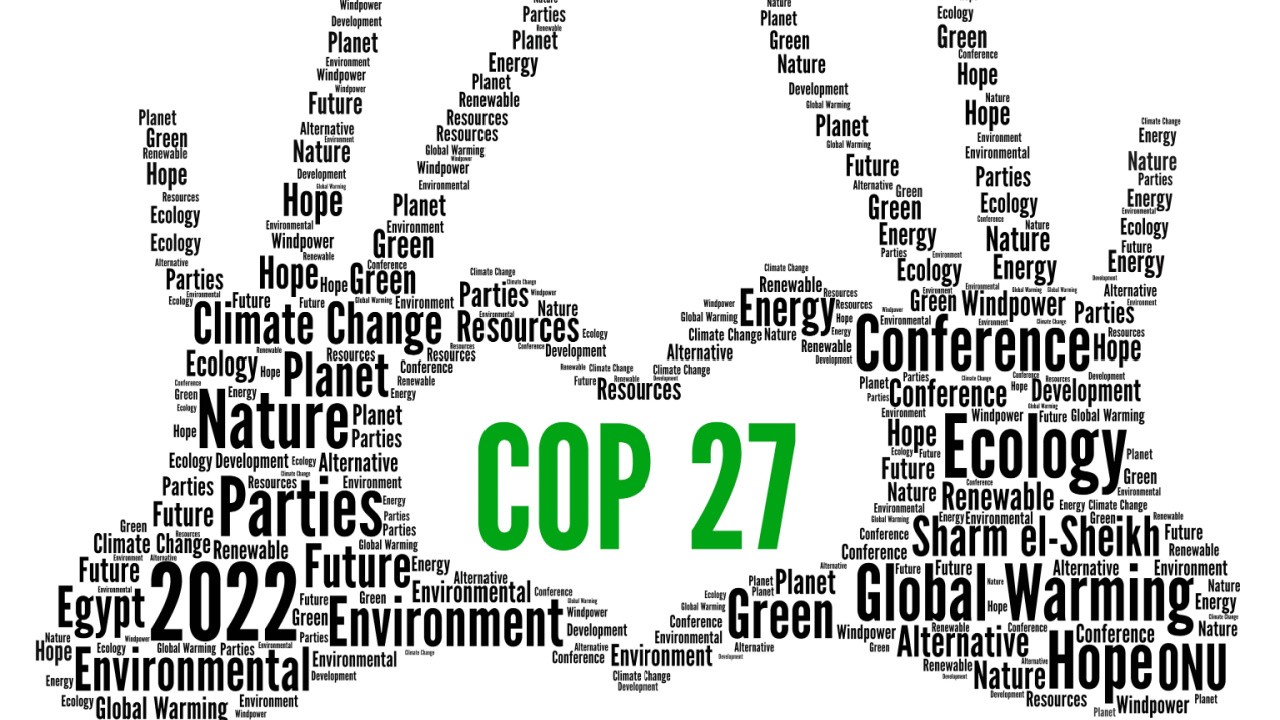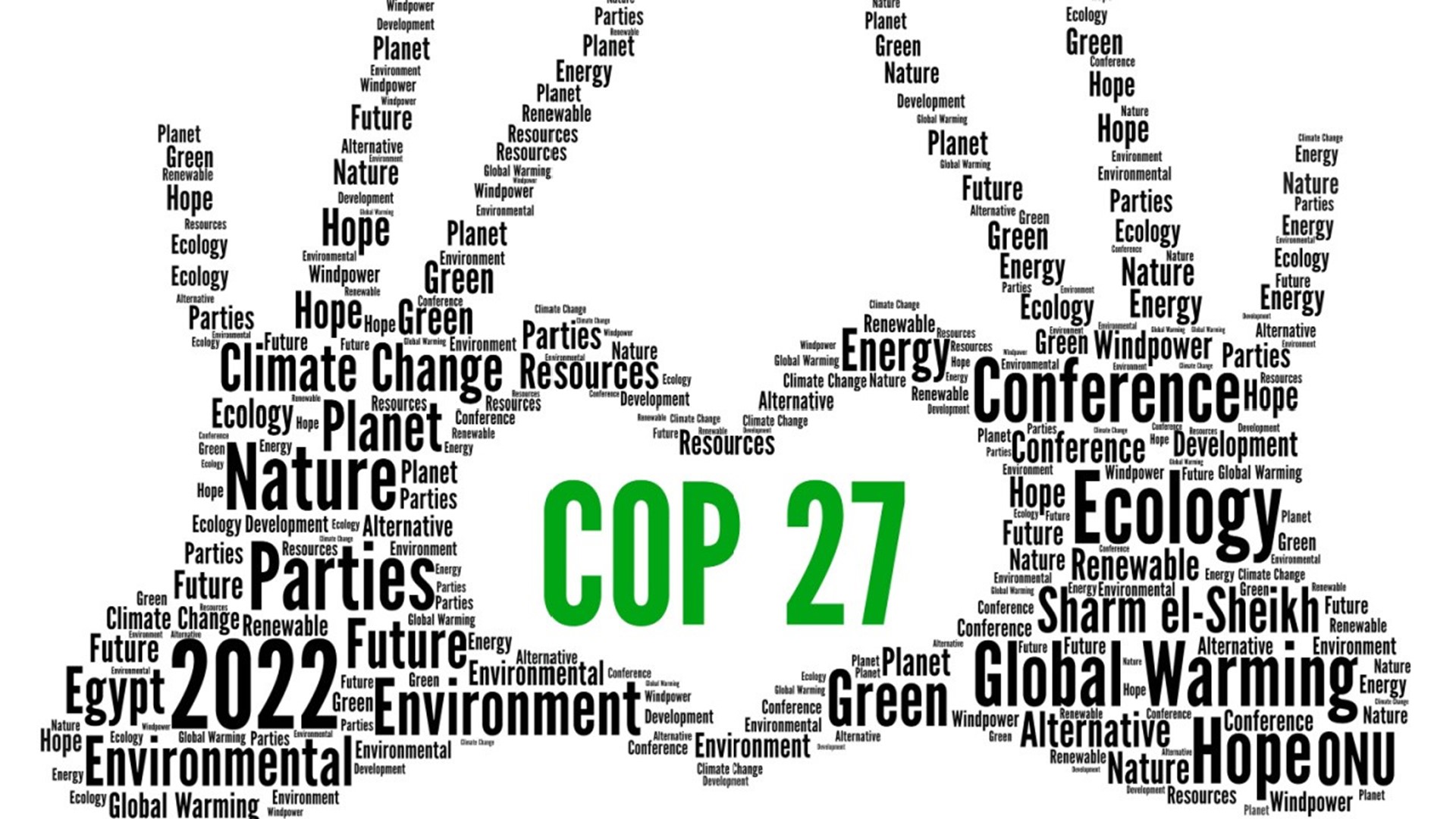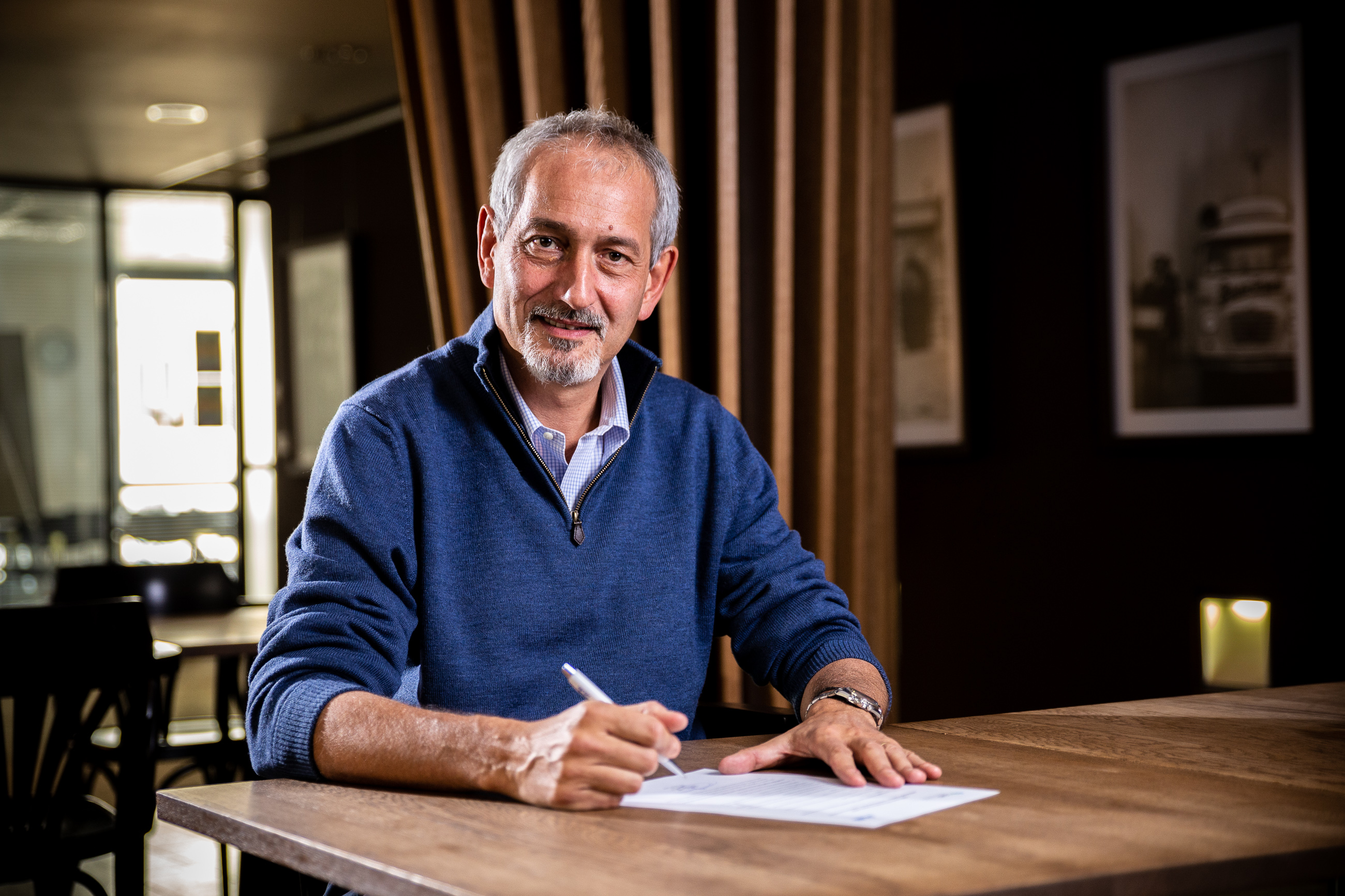After every COP, those engaged in and working towards sustainability and climate action know that there is so much more to be done – and COP27 has been no different. But for the leading voices of youth activists, NGOs, academics, scientists, and businesses working together to secure a safe present and future, optimism is crucial.
“A window of opportunity remains open, but only a narrow shaft of light remains”
declared Antonio Guterres as he addressed world leaders and delegates of COP27.
“The global climate fight will be won or lost in this crucial decade – on our watch.”
Loss & Damage Fund
This COP27, hosted in Sharm el Sheikh, Egypt, was determined to raise developing countries to the top of the agenda, with a focus on climate finance and climate adaptation. These efforts were rewarded with a historic agreement to provide loss and damage funding for vulnerable countries hit hard by climate disasters.
Diverse Voices at COP27
A major highlight of this COP was also the first Children and Youth Pavilion, which raised everyone’s energy, ambition, and hope. Civil society and youth activists have been widely lauded as keeping the agenda moving, continuing to raise the alarm and communicating the true urgency required in response to the climate emergency.
1.5-degree Ambition Renewed
Thousands of business leaders at COP27 came forward with commitments to uphold the Paris Agreement goal of limiting global temperature rise to 1.5 degrees Celsius. But with COP27 being hailed as “Implementation COP” – the private sector needs to move from commitment to action.
Energy & Value-Chain Security
In the current climate of energy crisis, it became even more apparent that finding the right strategies of adaptation and resilience towards energy security and emission reduction is key.
Technology Innovation
We also saw the private sector take a major role at COP27, particularly across the areas of climate ambition, low-carbon technology and climate adaptation. The scaling up of innovation is play a big role in the private sector as we seek more and more green technologies & nature-based solutions.
Time for Collaboration
The collaborative spirit with which we at Asahi Europe & International and so many other companies are coming together to address the sustainability challenges is indeed cause for optimism. We look forward to working together with all our internal & external partners on this decarbonization journey as we absorb the outcomes of COP27 and shift towards accelerated collaborative implementation.
As Asahi Europe & International CEO Paolo Lanzarotti said in conversation with Helen Clarkson, CEO of Climate Group at our event marking the beginning of COP27,
“Forging a platform for collective action is absolutely critical...Learning from others is vital. You have to be determined – and the momentum builds behind that determination.”
- Paolo Lanzarotti, CEO Asahi Europe & International
That determination has driven and will continue our drive at Asahi to go further and faster to delivering on our Legacy 2030 goals. After COP27 we know there is so much more to do – but it has also given us optimism for the future.







